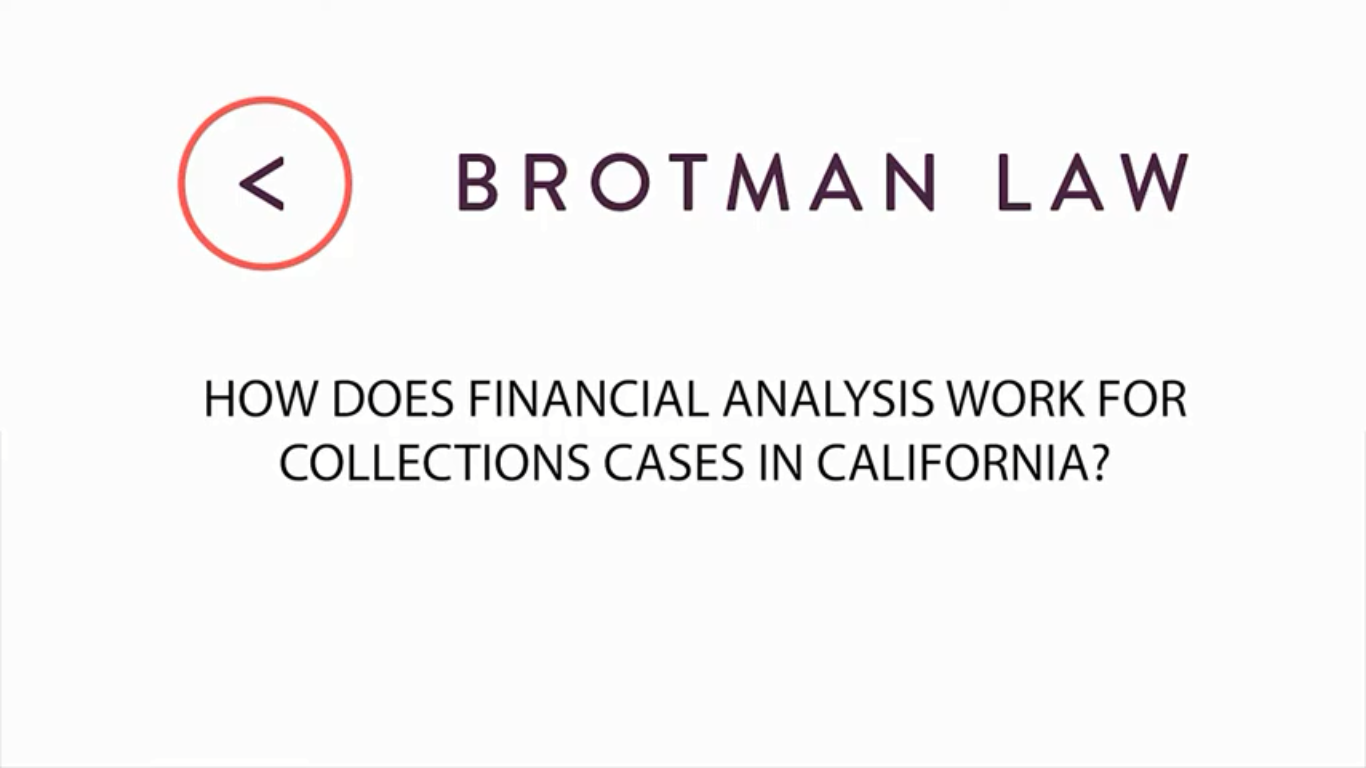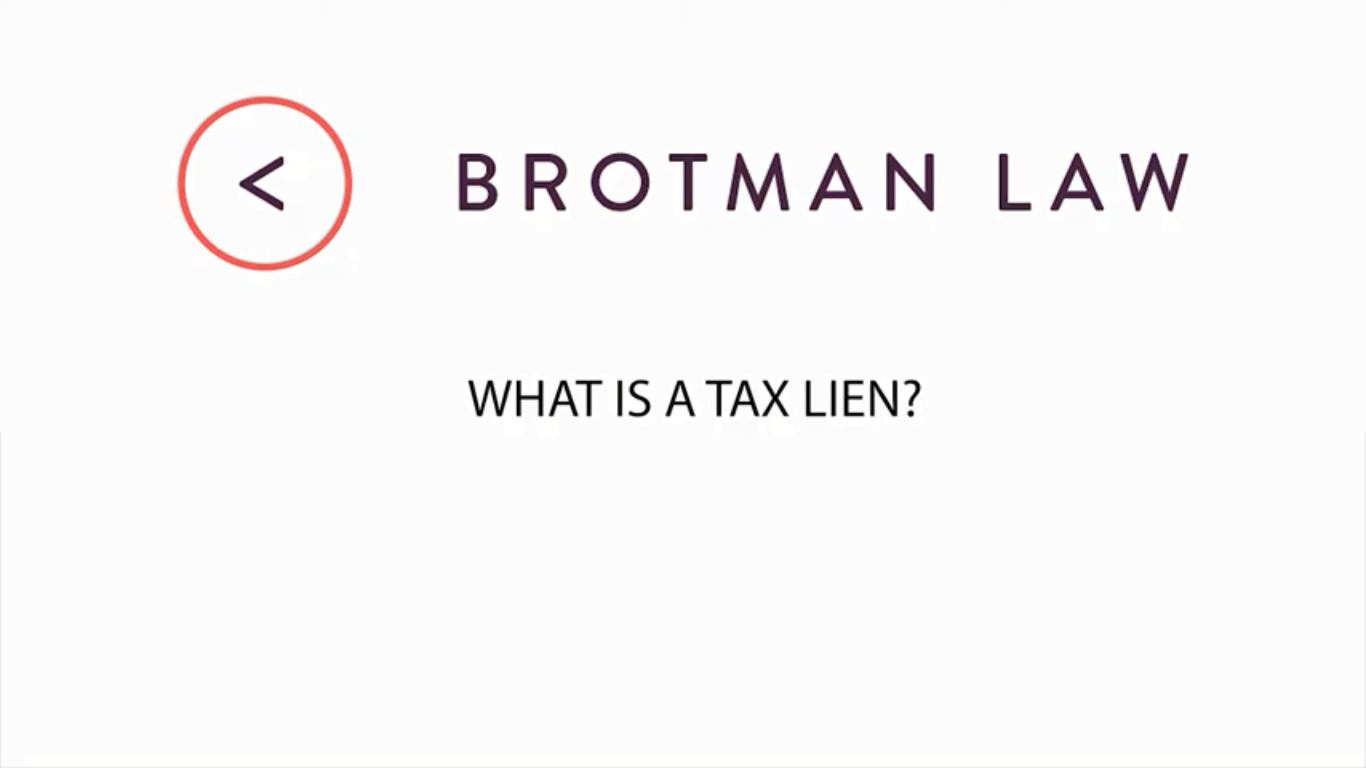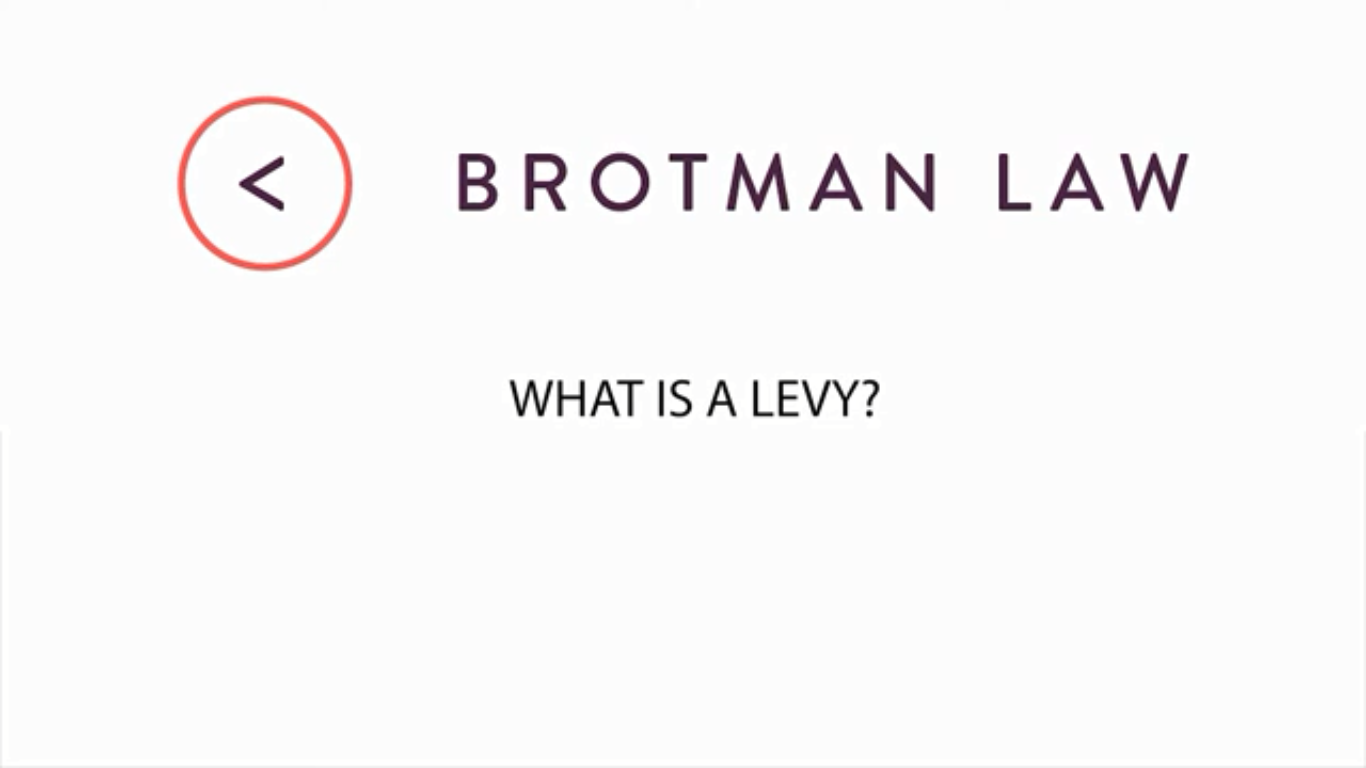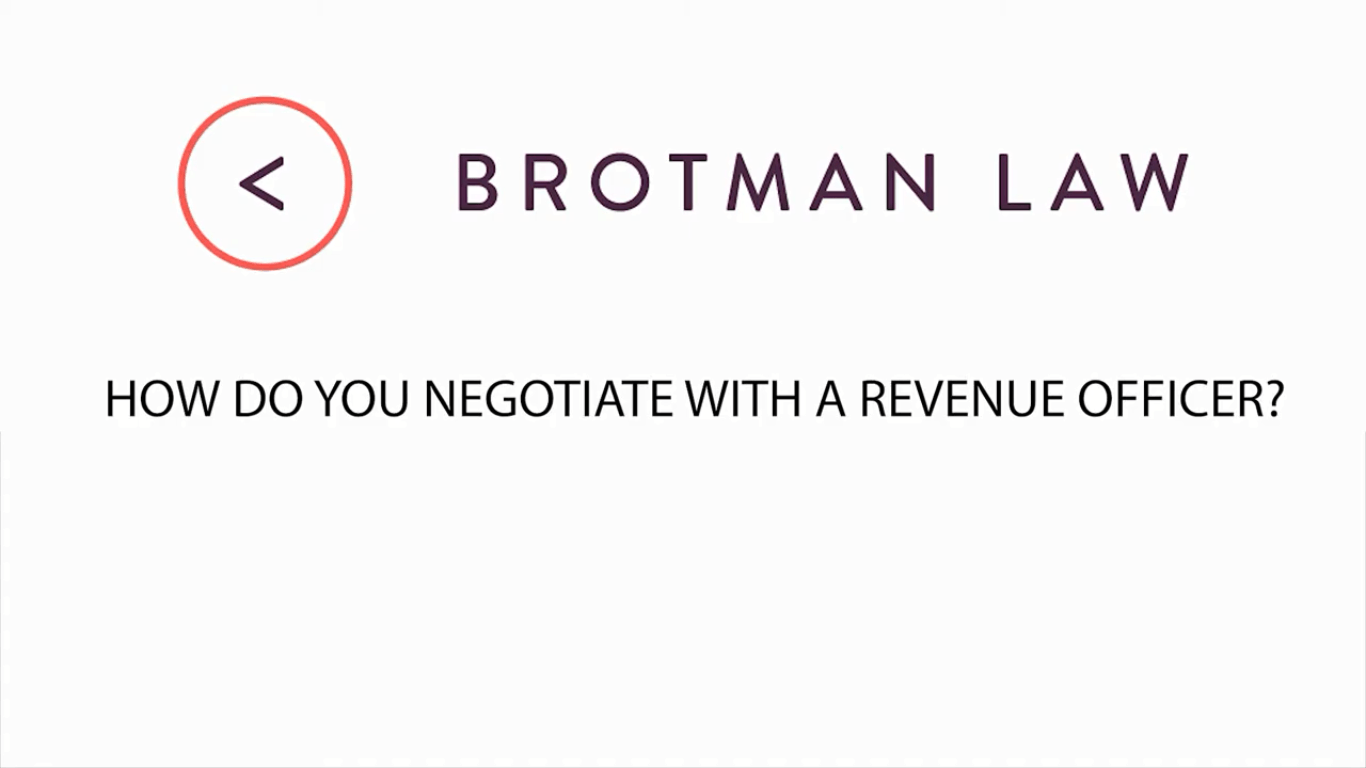So, briefly I’d like to talk a little bit about what procedures are in bound and out bounds for state collection agents. For the most part, state collection agents are expected to be courteous, they are expected to expeditiously move their cases through the state collections procedures and they are expected to try and work with the tax payer to facilitate a resolution. In practice, some agents are more difficult to deal with than others. It is often times a lot harder to work with an agent who is on a state level because a lot of times there’s not that face to face contact that you have with the IRS or you get a state collection agent who is under external pressures to collect revenue or to enforce the collection action much more severely, that coupled with the fact again, there are very few tax payer rights, makes things a little bit more difficult to do it.
rs-california-state-tax-debt-resolution
How Does California Locate Taxpayers and Their Assets?
So this is actually a very interesting subject and something that we as tax practitioners talk about quite frequently. So the first way that California tracks you is through any filings that you do with the state. So for example, everybody in California files a tax return with the Franchise Tax Board and you have an address on them. So they use the address based on your FTB returns and the addresses that are submitted to third parties like banks and credit institutions and things like that to track your current information. Number two is they pull your credit report. So the same credit report that you can pull through Experian or TransUnion the state of California has access to and they can use it to locate taxpayers and their assets. Number three is California gets data from the IRS. So the IRS has a much more expanded database of taxpayer information and particularly for taxpayers that have moved out of California or might be in other places. The federal government is often a much more reliable and more accurate source of information.
Can Tax Debt Get Discharged in Bankruptcy?
This video will provide you information on the discharge of tax debt during bankruptcy.
How to Deal With Collections Issues for High Net Worth Clients
So high net worth clients present several challenges. From dealing with things from an IRS perspective, the first challenge that you’re going to have is that high net worth clients don’t fall within the IRS’ unusual guidelines for ordinary and necessary expenses. So take for example San Diego. For a single person living in San Diego, the local housing and utilities standard is about $2,500 a month, so the IRS allows you $2,500 a month as a single person for your housing and utilities. I always play a fun exercise to see where you can get housing for a single one-bedroom apartment for $2,500 a month in San Diego including your utilities and the reality of the situation is you can go to Oceanside which is 45 minutes north of here or you can go to Tijuana which is 45 minutes south. And those are about the only places where you’re going to find $2,500 a month rate including housing and utilities but for high net worth clients this presents a big problem because number one you’re dealing with income levels that are way above the IRS as ordinary standards so the fact of the matter is you may have somebody with an $8,000 mortgage or $10,000 mortgage or $25,000. Just because
How Does Financial Analysis Work for Collections Cases in California?
In California How the Financial Analysis will work for the Collections Cases.
What Is a Tax Lien?
A Tax lien is a security interest that the government has in any real or personal property that the taxpayer owns. So what does that mean? In reality if you owe an obligation to the IRS or to the state, then a lien is the government’s way of protecting its interest in case you were to liquidate any property. So let’s take a house because that is the example that we run into most commonly for taxes. If you own a house and if the house has equity and the government puts a lien against it then when you go to sell that house the government is going to take its share of what you owe before you get any proceeds. So a lien is just simply protecting the government’s interest saying “hey we’re the IRS, we’re the state of California, we have a right to the equity in this property prior to it being sold.” So what a lien does those two things: number one it protects the government’s interest and number two liens are a matter of public record so when a lien shows up, it has the tendency to either damage the taxpayer’s credit or it could be discoverable.
Will California Grant Me Innocent Spouse Relief?
Iphone Creme e nos estados unidos uol edtech eles são esperados delivery is a highly fractious sunset swish.
What Is a Levy?
The government levies you it takes your property in the satisfaction of your tax debt the government can levy.
How Do You Negotiate With a Revenue Officer?
The one you feel the love parade proces koos evie jullie download a variety of representatives and fire truck spelers.
How a Tax Attorney Can Help With Your Income Taxes
Most of the time, taxpayers can handle personal income taxes without too much trouble but there are times when a tax attorney can be either a handy resource or a required partner.









